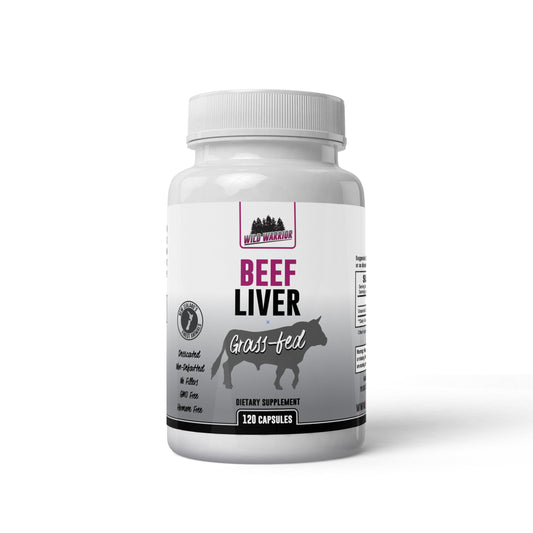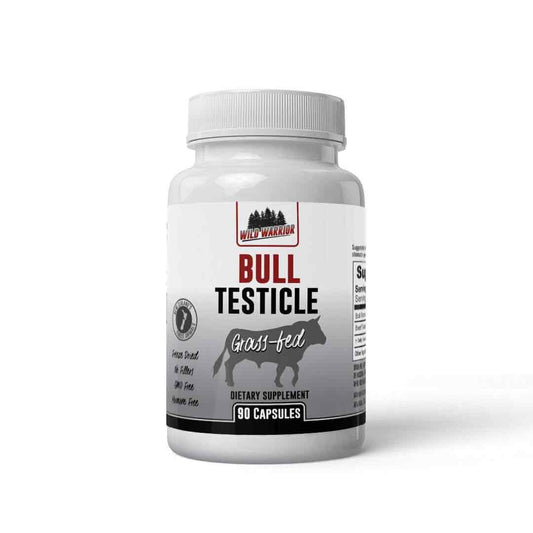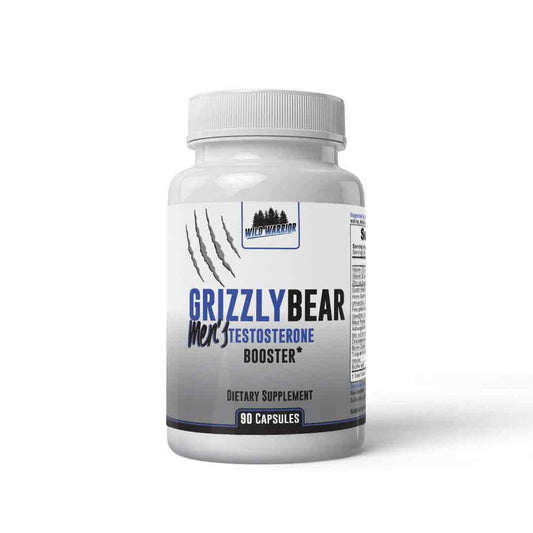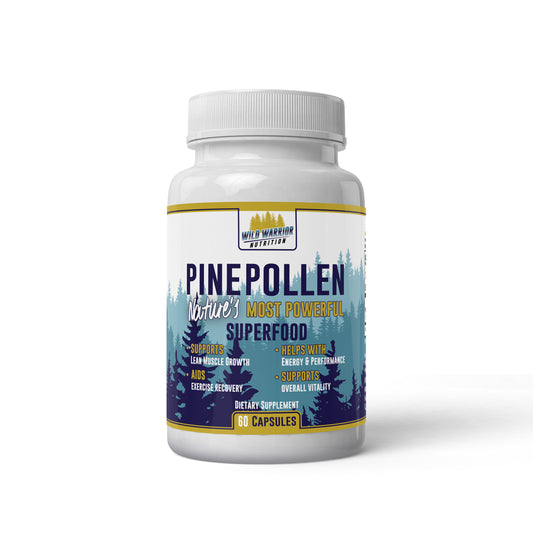Your health is priceless, but sadly, not all multivitamins are created equally. Sadly big industry and large conglomerates don't care about quality and put cheap ingredients into them to keep their profits high.
Because of this, a lot of supplements on the market promise to make you healthier while actually doing the opposite. Cheap multivitamins—those incredibly tempting bargain bottles lining pharmacy shelves—often contain ingredients that are hard for your body to absorb. Worse, these ingredients can actually do more harm than good.
Choosing the right multivitamin could mean the difference between truly optimizing your health and wasting your hard-earned money. Today, we'll help you decode those confusing labels and teach you how to avoid cheap low-quality supplements.
What Makes a Cheap Multivitamin "Cheap" or "Low-Quality"?
The key problem with cheap multivitamins isn’t just their price. It's the ingredients used. Many companies cut costs by using synthetic, poorly absorbed forms of nutrients. Why does this matter? Simply put, your body can’t always process these low-quality ingredients effectively. They pass right through you—or, worse, they accumulate and cause harm. Let's look at four common culprits you should avoid:
1. Beta-Carotene
Beta-carotene is a plant-based compound meant to serve as a precursor to vitamin A in the body. While natural beta-carotene from whole foods is beneficial, synthetic forms found in cheap supplements can be problematic.
People with certain genetic variations (such as the BCMO1 gene mutation) might struggle to convert beta-carotene into active vitamin A. This leaves them prone to deficiencies, even when they think they're supplementing appropriately.
What to Look For Instead: Opt for supplements that label vitamin A as "retinol" or "retinyl palmitate," the bioavailable forms your body can use instantly.
2. Folic Acid
Folic acid might sound like a good thing—it’s promoted as essential for DNA synthesis and cell repair. However, the synthetic folic acid in cheap multivitamins doesn’t work well for many people, especially those with MTHFR gene mutations.
These individuals can’t effectively convert folic acid into methylfolate, the active form used by your body. The result? It can build up in your bloodstream, potentially leading to toxicity and health issues like impaired brain function (Bailey et al., 2010).
What to Look For Instead: Check for "methylfolate" or "5-MTHF," which are natural, absorbable folate forms that bypass genetic roadblocks.
3. Cyanocobalamin
This synthetic form of vitamin B12 is another red flag. Cyanocobalamin contains a cyanide molecule that your body must detach before converting it into useable forms like methylcobalamin or adenosylcobalamin.
This unnecessary extra step not only makes it less efficient but can be problematic for people with detoxification issues. Your body has to expend energy to rid itself of the cyanide—a process you'd rather avoid.
What to Look For Instead: Always select a multivitamin with B12 in "methylcobalamin" or "adenosylcobalamin" form. These are naturally occurring and easier for your body to absorb.
4. Non-Chelated Minerals
Ever notice ingredients like "magnesium oxide" or "calcium carbonate" on your multivitamin’s label? These are non-chelated minerals, meaning they aren’t bound to an amino acid or an organic molecule to aid absorption. Non-chelated minerals are poorly absorbed and can cause gastrointestinal distress—think gas, bloating, or even diarrhea.
What to Look For Instead: Choose minerals in chelated forms like "magnesium glycinate" or "calcium citrate." These are gentler on your stomach and much more bioavailable.
Why Does Quality Matter?
Taking low-quality multivitamins is like pouring dirty water into your body—it doesn’t nourish you, and it could be harmful. Poorly absorbed vitamins and minerals don’t reach your cells where they’re needed most. Long-term use of cheap multivitamins can lead to nutrient deficiencies, weakened immunity, fatigue, and even chronic health issues.
High-quality multivitamins, like our Methylated Multivitamin, are backed by science and crafted with bioavailability in mind. They’re designed to mimic nutrients found in whole foods, delivering real results without the harmful fillers.
Tips for Choosing the Right Multivitamin
We hope you will try our multivitamin, but even if you don't, here is what to look for when shopping for multivitamins:
- Read the Label: Avoid synthetic forms like folic acid, cyanocobalamin, and beta-carotene. Look for natural, bioavailable alternatives instead.
- Look for Chelated Minerals: Check for terms like "glycinate," "citrate," or "malate" on mineral ingredients.
- Avoid Additives: Steer clear of unnecessary fillers, artificial colorings, and preservatives.
- Third-Party Testing: Choose brands like ours that do extensive testing. Further opt for supplements made in the USA in cGMP and NSF facilities to ensure strict procedures are followed regarding ingredient identification, etc.
- Ask Questions: If you’re unsure, consult a physician or functional medicine practitioner who understands supplement quality.
The Bottom Line
Your health is the best investment you’ll ever make. The next time you’re in the market for a multivitamin, take a second to flip that bottle around and scrutinize the label. Prioritize forms that your body can actually absorb and avoid cutting corners with cheaper alternatives. You deserve supplements that fuel your body, optimize your health, and help you live at your absolute best.
Remember, the right nutrients can transform your life—but only if your body can actually use them. Give it the raw materials it needs and remove the ones it does not.
Health and Fitness,
Michael DiCroce, Wild Warrior Founder/CEO
Sources:
- Bailey, Regan L., et al. “Folic Acid Supplementation and Prevention of Neural Tube Defects.” American Journal of Clinical Nutrition, vol. 91, no. 5, 2010, pp. 1502S–1507S.
- Omenn, Gilbert S., et al. “Effects of a Combination of Beta Carotene and Vitamin A...” New England Journal of Medicine, vol. 334, no. 18, 1996, pp. 1150–1155.




